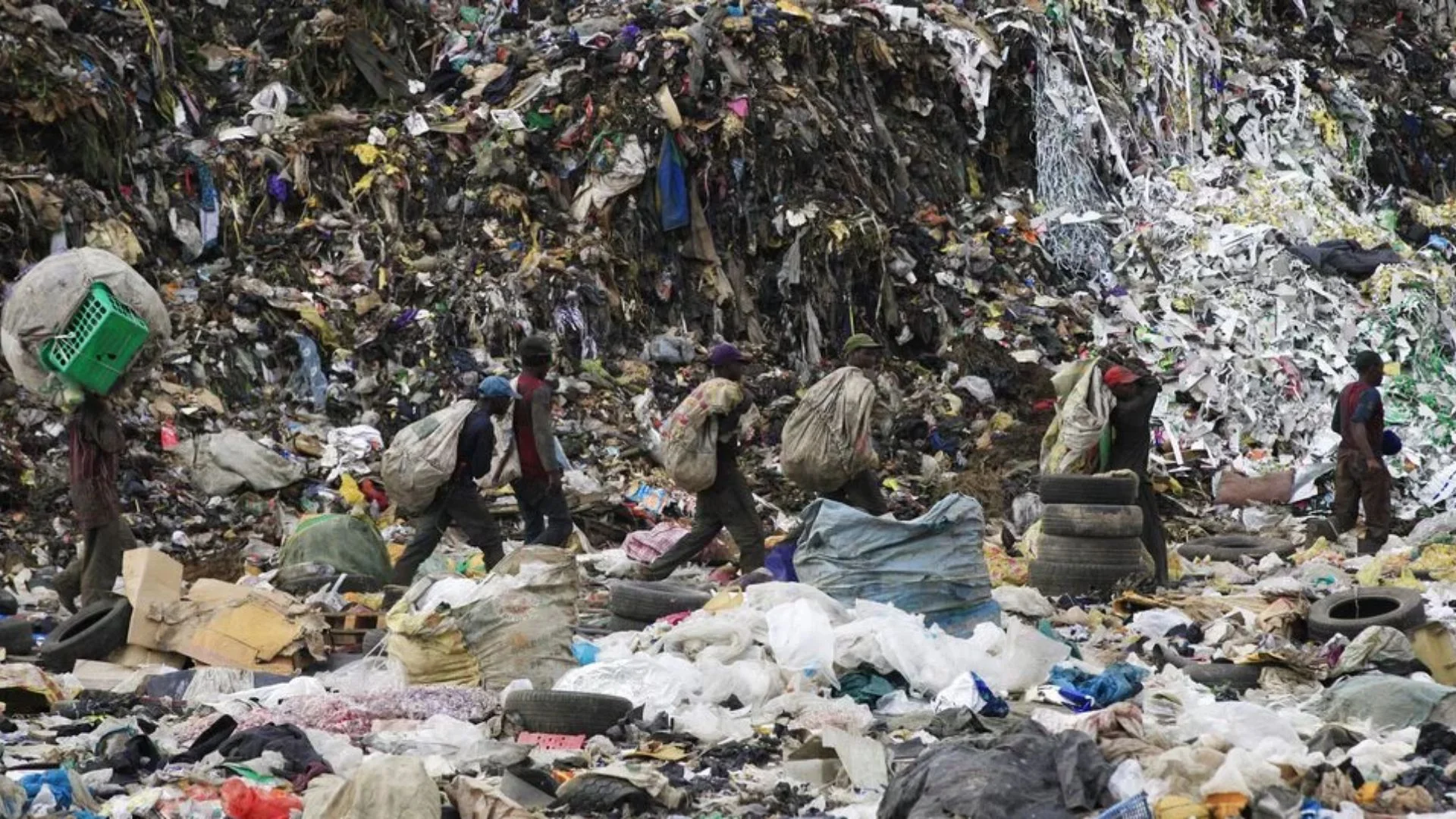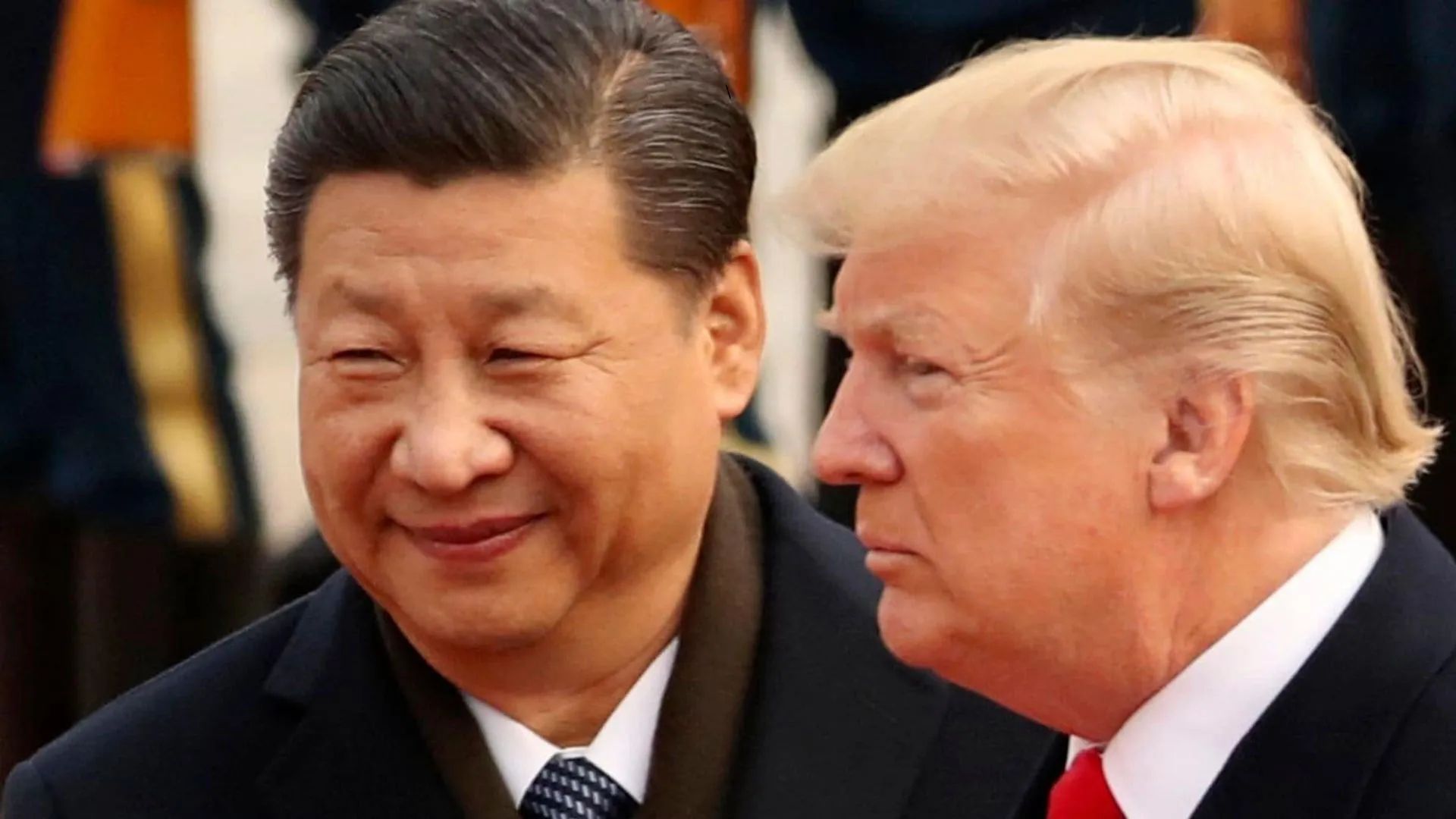The battle against plastic pollution faces major challenges as Nigeria prepares to launch a ban on single-use plastics next month. As federal efforts continue, from the discontinuation of plastics in government offices in August, many citizens and businesses are still unaware or not ready for the policy.
The magnitude of the issue is simply striking. The World Bank reveals that Nigeria produces 27.6 million kilo tons of solid waste per annum, with plastic forming part of 13%. This year alone, UN Environment Programme reports that an estimate of 50-60 million water sachets litter the streets of Lagos every day. However, only 10% of this plastic is recycled.
Labake Ajiboye-Richard, founder of a Lagos-based sustainability consultancy, expressed dismay over the prevalence of littering in the city. “If you’re throwing something on the road, what are you doing in your home? What are you doing in your community?” she asked.
While some federal agencies have made efforts to enforce the ban, many food vendors and market traders in cities such as Abeokuta, Calabar, and Lagos are still using Styrofoam and other disposable plastics. Some of the traders said they were not aware of the impending ban and that the rising cost of living was their primary concern.
President Bola Tinubu’s economic reforms, while praised by international bodies such as the IMF and World Bank, have yet to ease the financial struggles of citizens. “I spend almost half my daily earnings on buying fuel and food,” said taxi driver Amos Adeyanju. “Why should I also spend on expensive alternatives when plastic is cheaper and easier to get?
Critics say that the implementation has been very ineffective. Policy strategist Adewunmi Emoruwa labeled efforts as “lacklustre”, suggesting that industry influence swings the regulators.
Experts point out that revisiting such practices as banana leaves and putting a price on those can shift public behavior. While optimistic, Ajiboye-Richard sounds a note of caution by stating, “With the right strategies, single-use plastics could disappear from shelves by 2030.
For now, the road to a plastic-free Nigeria remains fraught with obstacles.























